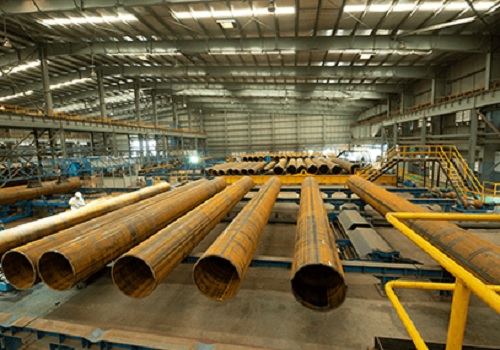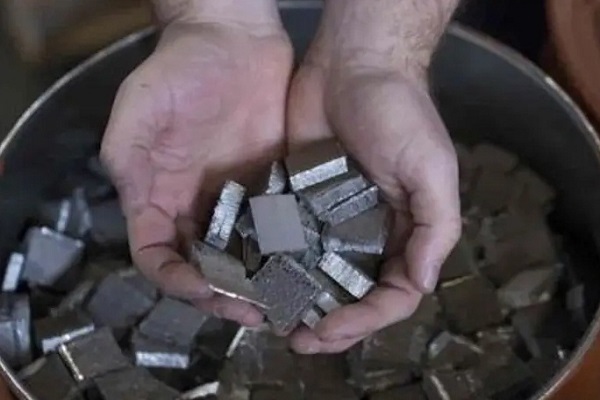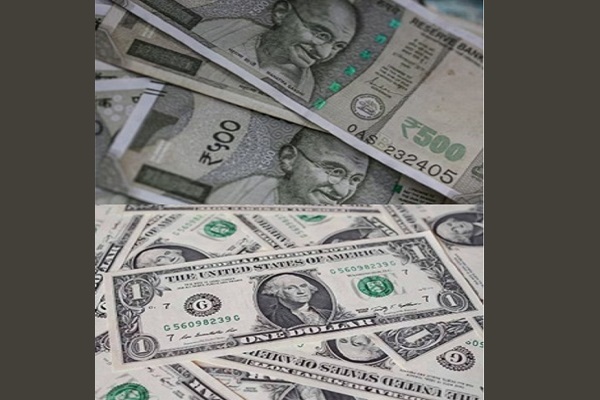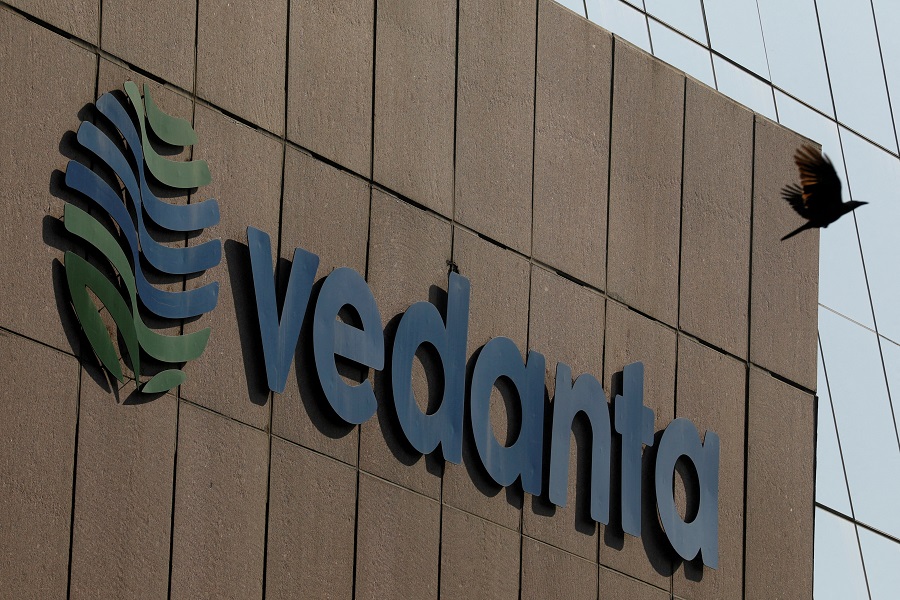The Rise of Digital Wealth: How Tokenization Is Transforming Real Estate, Art & Investments

In the last decade, the concept of wealth has undergone a historic transformation. What once required physical ownership, large capital, and exclusive access is now moving into the digital space — thanks to tokenization. From luxury real estate and fine art to rare collectibles and high-value commodities, tokenization is breaking decades-old barriers and building a new, inclusive era of wealth creation.
This shift is not just technological — it is cultural, economic, and deeply structural. Tokenization is redefining who can invest, how assets are traded, and what it really means to own something of value in the digital age.
What Is Tokenization? A Simple Explanation
Tokenization is the process of converting real-world assets into digital tokens on a blockchain.
Each token represents a fraction of the asset — similar to buying a “share,” but with far more flexibility and transparency.
For example:
A ?10 crore luxury villa can be divided into 10,000 tokens.
Instead of one wealthy buyer, 10,000 people can own a fraction of the property.
Tokens can be bought, sold, or traded instantly — no paperwork, banks, or brokers.
This allows almost anyone to invest in assets that were previously limited to the ultra-rich.
? Why Tokenization Is Revolutionizing Wealth Creation
1. Fractional Ownership Makes High-Value Assets Accessible
Before tokenization:
Only high-net-worth individuals could afford luxury real estate, art, or rare collectibles.
After tokenization:
Even a ?1,000 investment can buy a fraction of a premium office tower or a Picasso painting.
This democratizes wealth.
2. Global Markets, 24/7 Liquidity
Traditional investments are slow — often taking months for transactions.
Tokenized assets can be traded:
instantly
across borders
on global digital marketplaces
24/7
This brings unheard-of liquidity to markets that were once rigid and illiquid.
3. Full Transparency Through Blockchain
Tokenized assets operate on a blockchain, offering:
no hidden fees
transparent ownership records
secure transactions
protection from fraud
Every transaction is recorded permanently — making tokenization more trustworthy than many traditional investment systems.
4. Lower Entry Costs, Higher Diversification
Instead of putting huge capital into one asset, investors can spread small amounts across several tokenized assets:
luxury apartments
commercial buildings
rare art
gold
startups
wine & whisky
even farmland
Diversification becomes effortless and affordable.
How Tokenization Is Transforming Major Industries
1. Real Estate: Property Ownership Is No Longer Exclusive
Real estate tokenization is the biggest and fastest-growing segment.
How It Works
A property is divided into digital tokens, and investors purchase fractions based on how much they want to invest.
Why It’s a Game-Changer
No more huge down payments
No bank loans required
No maintenance responsibility
Investors earn rental income passively
Tokens can be sold anytime
Impact Example:
A property that once needed ?50 lakh investment can now be owned with as little as ?5,000.
This shift is creating millions of micro-investors globally.
2. Fine Art: Masterpieces for the Masses
Art was once the playground of billionaires, auction houses, and elite galleries.
Tokenization has changed everything.
Now:
Anyone can own a fraction of a Picasso, Basquiat, or Hussain.
Art becomes a tradeable financial asset.
Artists get new ways to earn royalties through tokenized ownership.
Cultural Transformation
Art collecting moves from private vaults to public digital ownership — a revolution that blends finance with creativity.
3. Collectibles & Luxury Assets: A New Digital Goldmine
Tokenization has unlocked investments in:
vintage cars
rare books
jewellery
limited-edition sneakers
sports memorabilia
luxury watches
whisky barrels
even rare NFTs tied to real-world items
Collectors can now monetize their collections without selling them entirely.
4. Startups & Business Investments: Faster, Fairer Funding
Startups often struggle with funding — but tokenization introduces faster and borderless capital through fractional investment.
Benefits
founders raise funds globally
investors buy small stakes securely
no geographical restrictions
tokens can be traded even before a company goes public
This is the future of venture capital.
Why Tokenization Represents the Future of Wealth
More democratic than stock markets
You don’t need to be financially elite to access premium assets.
More secure than traditional systems
Blockchain eliminates tampering and corruption.
More dynamic than conventional investments
Tokenized assets evolve fast, trade easily, and offer stable passive income.
Bridges the gap between digital and physical worlds
For the first time, digital ownership has real-world financial value.
Challenges & Risks — A Realistic View
While tokenization is powerful, investors must also be aware of:
regulatory uncertainty
platform reliability
price volatility
lack of widespread adoption
technical understanding barriers
However, these challenges are common in every new financial revolution — including the early days of stock markets and online banking.
Conclusion: Digital Wealth Is Not the Future — It Is the Present
Tokenization is more than a financial trend.
It is a global shift in how wealth is generated, stored, and shared.
It is transforming industries.
It is empowering ordinary people.
It is making luxury accessible.
It is redefining ownership.
And most importantly —
It is creating a new era of digital wealth that belongs to everyone.
The next generation will not ask,
“Do you invest in real estate?”
They will ask,
“How many tokenized assets do you own?”
The revolution has already begun — and those who understand it early will shape the future of global wealth.
























